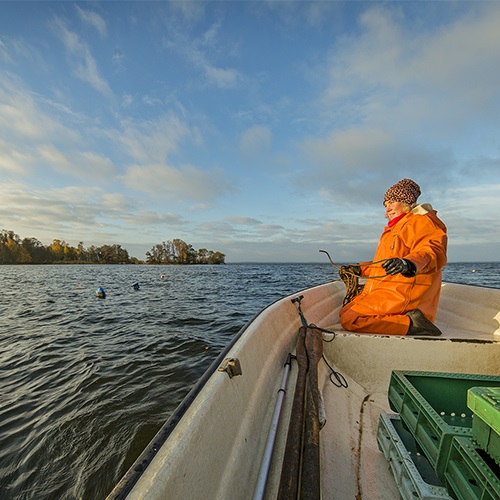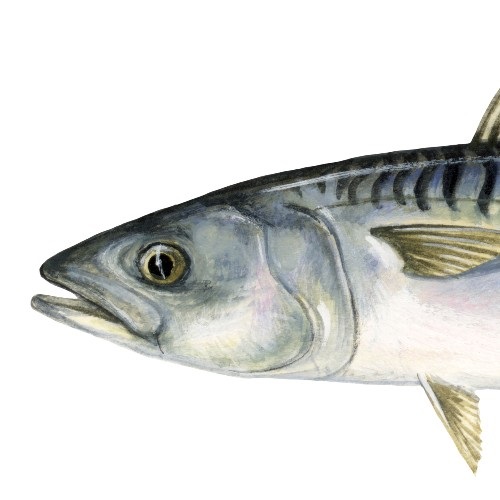Climate change is causing significant impacts on fish stocks and the communities who rely on them. The MSC and its research partners are investigating how policies could be improved to ensure a fairer share of quotas.
The research challenge
As climate change continues to have impact on our oceans, more fish species will be affected by warming waters. Many species are moving towards the poles and out of their historic ranges as a direct result. This leads to a number of environmental and socioeconomic issues.
Some fisheries are experiencing lower harvests due to less fish being available. Others who now have access to newly arrived fish on their shores, are unable to access their share. This is because existing quota allocations are based on historic distributions. Transboundary species – those that move between two or more coastal states or Exclusive Economic Zones – may require new intergovernmental agreements.
How do we sustainably manage stocks that are shifting? And what practices can be used to ensure management is adaptive and able to react to changing conditions?
The solution
A research project will test options for an adaptive allocation system in order to sustainably manage shifting stocks across U.S State management boundaries. The socioeconomic benefits and trade-offs of these options will also be assessed.The project will be completed using a retrospective analysis for fisheries already facing issues in the U.S Mid-Atlantic, namely summer flounder and black sea bass. If for example a change in their catch allocation had been made based on their current distribution and sooner, how would that have affected the future? Perceptions will be recorded through a series of consultations with fishery managers and industry stakeholders. If the trials are successful, the Atlantic States Marine Fisheries Commission will consider adopting these new rules.
Who benefits?
Initially, fisheries under the jurisdiction of the Atlantic States Marine Fisheries Commission and the Mid-Atlantic Fisheries Management Council will benefit. However, this work will produce a replicable model that could be used to support other decision makers. The research will also identify other U.S fisheries that are experiencing rapid shifts in stock range and flag fisheries at risk from conflict around allocation of quotas. It could also potentially inform management of transboundary stocks.Research partners
This research is funded through the Pew Charitable Trust’s Lenfest Ocean Program.
It is led by: Rod Fujita at the Environmental Defense Fund and Prof Arielle Levine at San Diego State University. Co-principle investigators include: Dr Katie Longo, Principal Scientist at the MSC, Scott Crosson at NOOA Fisheries, Prof. Olaf Jensen, University of Wisconsin, Prof. Lisa Wainger, University of Maryland Centre for Environmental Science, Chris Dumas, University of North Carolina at Wilmington, Juliano Palacios, San Diego State University. Advisors: Bob Beale, Executive Director of the Atlantic States Marine Fisheries Commission and Ellen Bolen, Deputy Director for Virginia Marine Resources Commission
For more information, please contact [email protected]
Find out more

Science and research
Our research collaborations deepen our understanding of sustainable fishing and supply chain traceability.

Small pelagic fish
Small pelagic fish are the unsung heroes of the ocean, but this important group of species faces a complex range of pressures, from climate change to overfishing.
-franck-hollander-_-wwf-spotlight2.tmb-medium500.jpg?Culture=en&sfvrsn=1069d5bc_1)
International action on herring
The MSC has called for urgent international action to protect Atlanto-Scandian herring and blue whiting after recent MSC suspensions.
